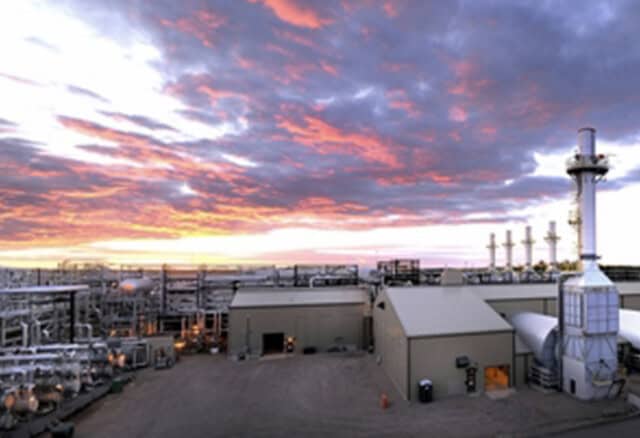
Oilsands producer Cenovus aims for ‘net zero’ GHG emissions
Oilsands producer Cenovus Energy Inc. says it will aim to achieve “net zero” greenhouse gas emissions by 2050, joining a recent cavalcade of oil companies trumpeting their environmental aspirations.
The Calgary-based firm says it intends to reduce its emissions per barrel by 30 per cent by 2030, while keeping flat its total emissions.
It says it will do that with a multi-pronged approach including operational optimization, incorporating electricity cogeneration capacity into future oilsands phases, more use of solvent technology to reduce steam needed to produce bitumen, methane emissions reductions in its conventional drilling operations and through increased use of data analytics.
Cenovus says it has reduced its GHG emissions at its oilsands operations by about 30 per cent per barrel over the past 15 years, although higher production means total emissions have increased.
Fellow oilsands producer Canadian Natural Resources Ltd. has also pledged to work toward a zero-emissions target without giving a specific date, using technology and its carbon trapping and storage operations. It says it has lowered emissions per barrel from its oilsands mining operation by 37 per cent since 2012.
In December, Spanish energy giant Repsol, which has operations in Canada, also announced it would try to achieve net zero emissions globally by 2050.
In September, Suncor Energy Inc. said it would spend $1.4 billion to install two cogeneration units at its Oil Sands Base Plant in northern Alberta, thus reducing greenhouse gas emissions by 25 per cent.
Cenovus also said Thursday it will ramp up spending by $1.5 billion with Indigenous businesses and reclaim 1,500 decommissioned well sites by 2030.


